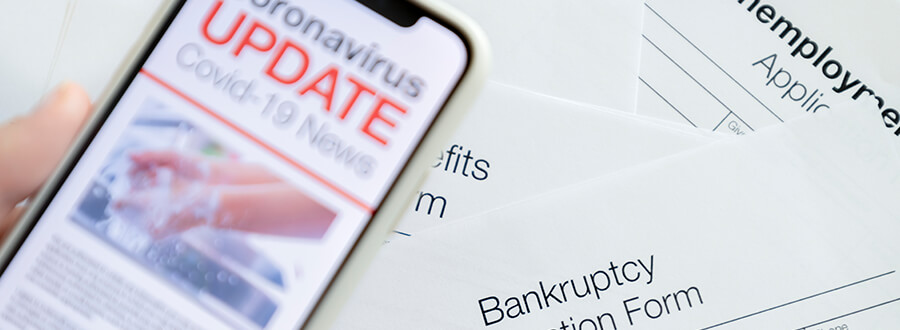Key Points
- In addition to popular assistance like stimulus checks and expanded unemployment insurance benefits, the CARES Act revised the bankruptcy code for both individuals and small businesses.
- The CARES Act changes are temporary, lasting one year from the bill’s enactment.
- Changes to the bankruptcy laws exclude government assistance payments provided to help consumers survive the pandemic and expand repayment terms in Chapter 13.

2020 saw two major changes to the bankruptcy laws in the US. The first came in February 2020, when the Small Business Reorganization Act (SBRA) became effective. The second arrived a month later when Congress included bankruptcy provisions within the CARES Act.
The changes included in the CARES Act only remain in place for one year after the CARES Act became effective. The president signed the CARES Act into law on March 27, 2020.
Expanded Services for Individuals Filing Chapter 7 and 13
Enhanced Chapter 7 Bankruptcy Relief: The CARES Act instructs bankruptcy trustees to exclude coronavirus related payments in the income calculation used by consumers to qualify for Chapter 7 discharge. In Chapter 7, consumers with few assets and inadequate income can have qualified debts fully discharge without requiring the repayment of any portion of the unsecured debt owed. Those who have lost jobs or seen a drastic reduction in income could now qualify for Chapter 7 under the new rules.
Enhanced Chapter 13 Bankruptcy Relief: There is also help built into the new law for consumers who do not qualify for Chapter 7 and must instead file a Chapter 13 petition. Under Chapter 13, consumers must repay debts over a five-year time frame based on disposable income. Eliminating coronavirus payments from the disposable income calculation will reduce the amount of debt repayment required for most consumers.
The changes to the bankruptcy law also allow consumers currently in a Chapter 13 repayment plan to modify the existing plan if they can show a material hardship related to the coronavirus. The modification can include extending repayment to seven years instead of the current five.
Debtors who have had a material hardship due to the coronavirus might also qualify to convert the current Chapter 13 repayment plan to a Chapter 7.
Added a New Subchapter in Bankruptcy for Small Businesses
The SBRA added a new subchapter in the bankruptcy code that reduces the cost of reorganization for small businesses filing Chapter 11, which allows companies to reorganize and restructure debt. The Act significantly reduces the cumbersome process small businesses endure when creating a repayment plan with creditors.
Under the SBRA, courts established a simpler standard that companies can use to create and confirm a debt repayment plan. Businesses must file a plan within 90 days of filing a Chapter 11 petition without the required Disclosure Statement. Debtors also no longer face an official committee of unsecured debtors, which will streamline the process.
In addition to simplifying the process, the CARES Act added a provision increasing the maximum debt limit on both secured and unsecured debts to $7.5 million. The higher debt allowance enables millions of additional small businesses to qualify for Chapter 11 at a time when small businesses have been hit particularly hard by mandatory shutdowns due to the coronavirus.
The bad news is that the higher debt limits revert to the previous level of $2,725,625 one year from the effective date of the CARES Act.
How These Changes in The Bankruptcy Law Affect You
The CARES Act will result in more consumers qualifying for Chapter 7. However, while the CARES Act does provide some benefits in Chapter 13, typically, you will still pay less through a debt settlement program, pay off your debt sooner and be able to begin recovering your credit score much faster.
The new law might exclude coronavirus relief payments in the disposable income calculation. However, you could take those same payments and use them as leverage to settle debt faster with lower payouts under a debt settlement agreement. Opting to pay off your high interest credit card debt though a debt settlement program will also allow you to avoid the required court-supervised debt repayment for the next five years as required under the Chapter 13 Bankruptcy filing rules.
